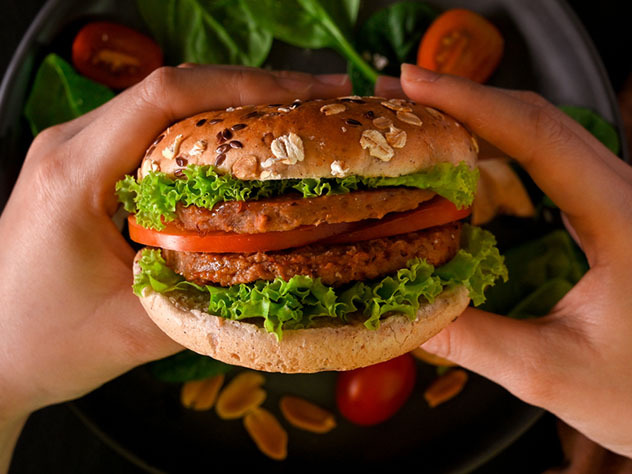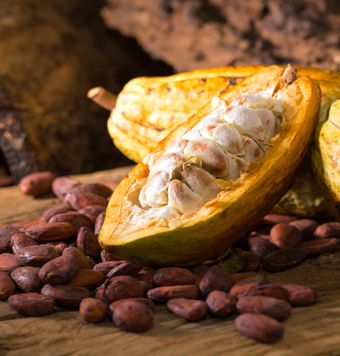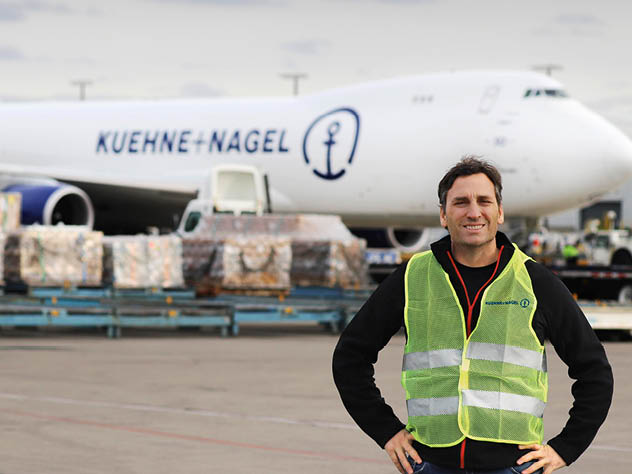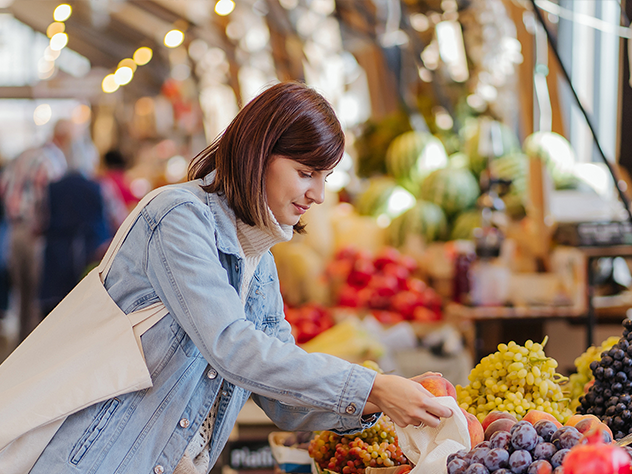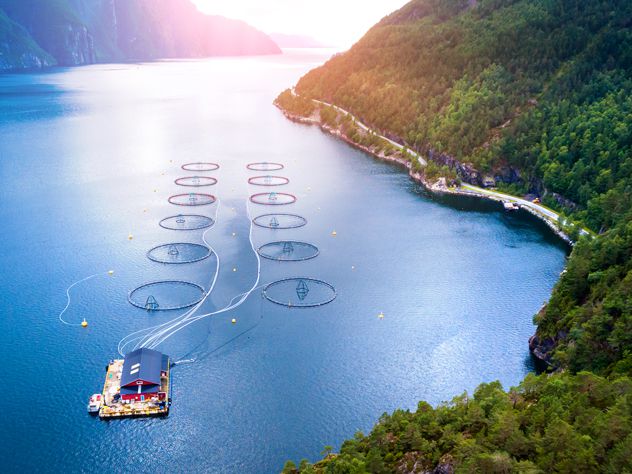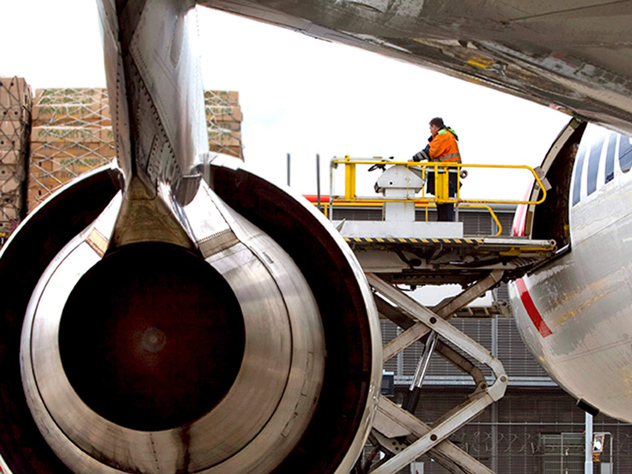From blockchain technology to trade wars, from e-commerce to brick-and-mortar retailers, 2019 was a very ‘look into the future’ year, where disruptive technology came to the forefront to improve the online experience. With the increase of online shoppers around the world, enhancing technology has become crucial to drive online sales.
Ocado, whose technology deals have become more important than its original business of selling food online, has clearly stated that technology enabled them to win partnership deals with supermarket groups including Kroger in the US and Casino in France.
In February, Ocado and Marks & Spencer agreed a 1.5-billion-pound joint venture, signalling the end of Ocado’s long term supply agreement with Waitrose in September 2020. Internet grocery shopping has yet to take off in Japan, where consumers still often buy fresh produce on a daily basis. But growing numbers of working women and improved technology and logistics networks are expected to change that. Aeon supermarkets has hired Ocado to develop its e-commerce business, hoping to fend off rivals such as Amazon as more customers buy groceries online.
Plant-based foods continue to evolve and expand into more categories. In 2020, cauliflower will remain a top gluten substitute and oat will continue to gain traction as a creamy alternative milk to mix into your morning coffee. 2020 will bring new developments in and further solidification of organic, plant-based meat and cheese.
Regenerative agriculture is a relatively new concept aimed at combating the strain that traditional farming practices put on the earth. Increasing the soil quality and fertility of the land not only helps the environment, but also allows the animals raised there to be healthier and happier. When you buy meat from farmers who practice regenerative agriculture, you are using your wallet to vote for better animal husbandry practices and more economically and environmentally sustainable farming practices.
Functional beverages and gut health continue to drive food choices in today’s consumer market. Consumption of on-the-go snacks continues to increase, while traditional meal preparation seems to lose more ground due to busy schedules. While snacks of the past can be unhealthy, the snacking of tomorrow consists of bite-size superfoods, healthy snack kits and subscription boxes.
As consumers explore special diets and move toward smaller eating occasions (away from traditional meals), they are often looking for snacks and drinks that pack more of a nutritional punch. Transparency and traceability is no longer a trend, but a demand. Consumers have become increasingly educated on the food supply chain, ingredients and the environmental impact of what they eat. Because of this, many brands are introducing source traceability into their packaging so that consumers can learn where exactly certain ingredients are sourced and how they are harvested.
With all these changes around the world, retail has proven to be very adaptable and has actively reinvented itself. Demanding consumers around the world have pushed the industry to put the customer in the centre of their decision-making alongside farmers and service providers.
Written by Goncalo Vieira, Kuehne + Nagel Manager Global Perishables



